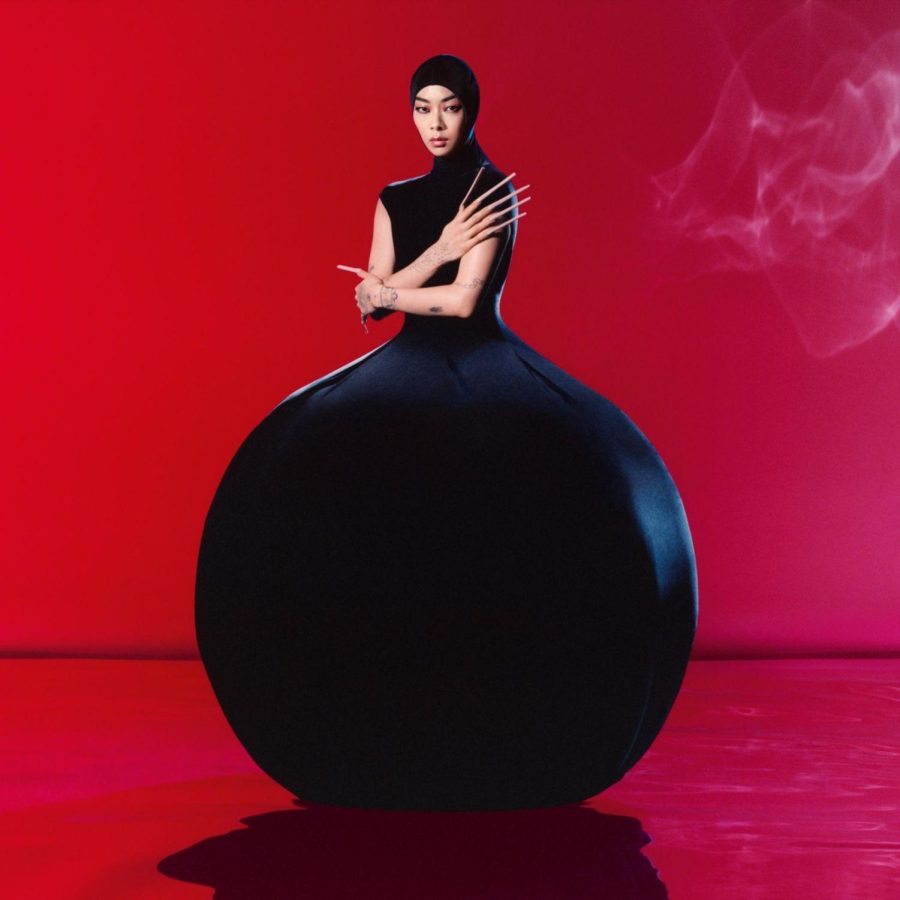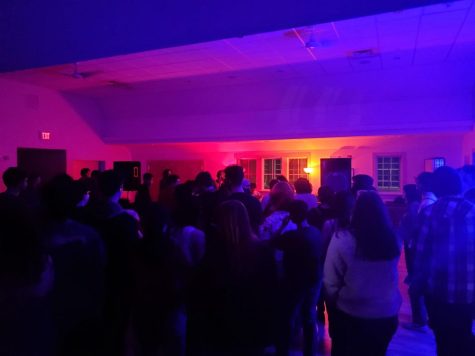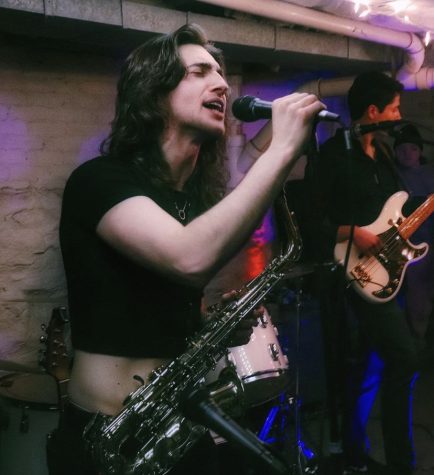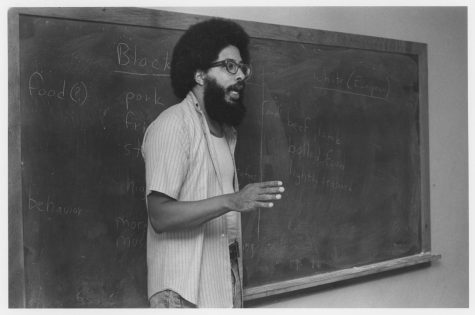New Music Roundup: What I Listened to This Week
Featuring quick reviews of Rina Sawayama’s “Hold The Girl”, BLACKPINK’s “Born Pink”, and Death Cab for Cutie’s “Asphalt Meadows”!
Rina Sawayama – Hold The Girl
Rina Sawayama’s breakout album, “SAWAYAMA”, was one of my favorites of 2020 and positioned her as a rising star in the pop scene. Her announcement of a new album had me incredibly excited and left me with high expectations, expectations that I’m happy to say “Hold The Girl” (mostly) lives up to.
Hold The Girl is an album primarily focused on ideas of personal growth. Whether Rina’s boldly accepting her sexuality on “This Hell,” tearing down the actions of the people who raised her on “Your Age,” or attempting to reconnect with her inner child on “Phantom,” we see a more mature perspective from her than we saw on “SAWAYAMA”. Nowhere is this more apparent than on “To Be Alive,” which is a beautiful display of appreciation for life, for “All of the beauty and love I could not see.” It’s a powerful ending note for the album, telling us to appreciate life’s beauty, even if we have to endure the struggles that inevitably come with it. However, the best writing on the album comes on “Send My Love To John,” which takes the spotlight off Rina and instead places it on one of her friends, a gay man whose sexuality strained his relationship with his mother. The song is sung from the mother’s perspective and her eventual realization of her prejudice and acceptance of her son. The line, “Send my love to John” (John is the friend’s boyfriend), is a beautiful moment of reconciliation and my favorite moment of the project.
Sonically, Hold The Girl is a strong effort. Rina’s voice is as powerful as ever, the production is varied yet engaging, and there was never a moment where I truly found myself uninterested. However, I think that some decisions she made in the creation of the album may not have been entirely beneficial to the final product. Rina’s music is best when it’s loud and anthemic, but slower, more emotional cuts like “Send My Love To John” and “Forgiveness” are more abundant here than in her previous works. These are good songs that are a great way for Rina to flex her songwriting muscles, but I’ve always found Rina’s most significant strengths to be her catchiness and energy, and these slower songs don’t play to those strengths.
On the other hand, the album is at its best stylistically with songs like “This Hell,” “Imagining,” and “Hurricanes.” These are all absolute bangers that make a strong statement while not sacrificing any of their catchiness. I think songs like these will make Rina Sawayama a mainstay in pop music for years to come.
Overall, while nothing on here dropped my jaw, Hold The Girl is a delightful album from front to back and will be in rotation for me going forward. Strongly recommend it to anyone reading.
Rating: 7.5/10
BLACKPINK – Born Pink
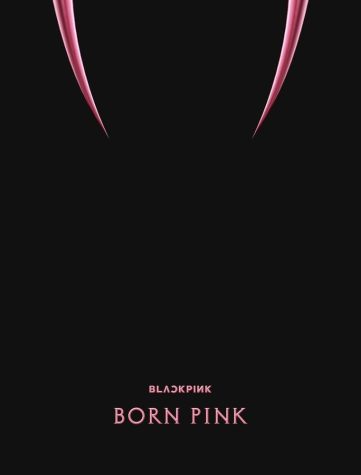
The best thing I can say about “Born Pink” is that it’s short. A 24-minute runtime isn’t exactly daunting, so I didn’t find the album too much of a drag to get through. Unfortunately, that’s about the end of the positives. This was the first K-Pop album I’ve ever heard, and while I went in with an open mind, when I was listening to it, I got the overwhelming feeling that this was an album made not in a studio but a conference room, with label execs trying to check off boxes to get as much widespread appeal to teenagers as possible. Awful attempts at rapping? Check. A few scattered swears to make it seem edgy? Check. Production that sounds like a rejected Marshmello instrumental? Check. Lyrics that are bland and basic at best and eye-roll-inducing at worst? Check. There’s no sense of creativity or personality on here, just chasing trends and streams.
The worst comes at the start, particularly the first three songs, which sound like a bad SNL parody of modern hip-hop. It’s hard to tell what’s more brutal to listen to, the rapping itself or the lyrics, with lines like “All of these girls on some uppercase shit / That mean that they all cap.” “Yeah Yeah Yeah” is an improvement on the first three songs, mainly because it’s more of a traditional pop song, and BLACKPINK’s singing is infinitely better than their rapping (The fact that it’s almost entirely in Korean, and so I don’t understand any of the lyrics might also play in its favor). The rest of the album follows this general pattern: the pop music is bearable, if unremarkable, and the rap songs took years off my life.
I found this album overwhelmingly disappointing and one of the blandest, most corporate albums I’ve heard in quite some time. Unless you’re already a fan of BLACKPINK or K-Pop in general, this probably isn’t worth your time.
Rating: 2/10
Death Cab For Cutie – Asphalt Meadows

This album took a couple of listens for me to appreciate it entirely, but I can now say it’s definitely worthwhile. It’s deceptively chill, with very light, mostly acoustic instrumentation and vocals from lead singer Ben Gibbard that can be best described as “mild.” However, all this belies an album with many powerful emotions to unpack once you dive into the lyrics. Nowhere is this more true than on the album’s opener, “I Don’t Know How I Survive,” which sounds like a mild country song that I thought was a little boring at first. However, the lyrics contain some devastating songwriting discussing the loss of a loved one, and in the wake of learning this, the quiet, near numbness of the song became much more powerful.
It also sets a precedent for the rest of the album, which, while not nearly as heartbreaking, all feature near the same quiet instrumentals and laid-back vocals and mainly discuss themes of love and loss. Among my favorites are “Rand McNally,” where Gibbard reflects on old memories with a past lover, and “I Miss Strangers,” a powerful reflection on isolation caused by COVID, where Gibbard bemoans not just his inability to see his loved ones but also the lack of the simple little everyday interactions with total strangers. The album’s closer, “I’ll Never Give Up On You”, is also a brilliant note to end on. In the verses, Gibbard talks about giving up on everything from drugs to politicians to “trying to be cool,” but in the chorus, he repeats, “I’ll never give up on you.” It gives the album a powerful thesis statement: while we may grow weary of societal pressures, we must always be there for the people we love.
Asphalt Meadows does suffer a little from being instrumentally bland at times. It works in its favor in some moments, like the example above on “I Don’t Know How I Survive,” but on other songs, the sparseness of the sound comes off as less sad and more unremarkable. I also think Gibbard’s singing is almost a little too polished sometimes. Sometimes, I think just a little more rawness and emotion would suit the song better than his flatter, more melodic sound. However, there are also some excellent moments on here sonically as well. The guitar solo at the end of “Foxglove Through The Clearcut” is fantastic and my favorite moment on the album, and I also like how the guitar’s brief bursts punctuate the chorus of the otherwise quiet “I Don’t Know How I Survive.”
Overall, while I’m not in love with this record, I think it was worth the time I put into it. It boasts some powerful writing and more than enough highlights to keep me engaged once I listened with an active ear. If you’re not a fan of sad indie music, this probably won’t make you one. But if you are, this is definitely worth your time.
Rating: 6/10
Email Eric @[email protected].

